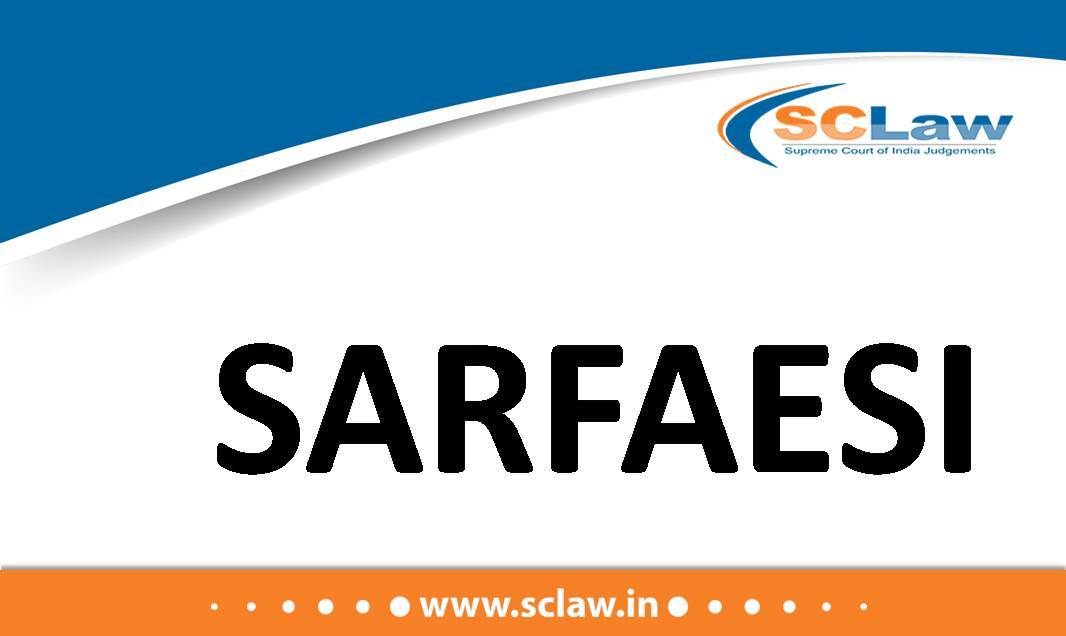Kerala Micro Small and Medium Enterprises Facilitation Act, 2019 – Section 10 – Overriding effect – Once consent is taken from the Pollution Control Board, the necessity for reading down Section 10 of the Kerala MSME Act, for the purpose of protecting the environment, does not arise.
SUPREME COURT OF INDIA DIVISION BENCH JOLLY GEORGE AND ANOTHER — Appellant Vs. GEORGE ELIAS AND ASSOCIATES AND OTHERS — Respondent ( Before : V. Ramasubramanian and Pankaj Mithal, JJ.…







